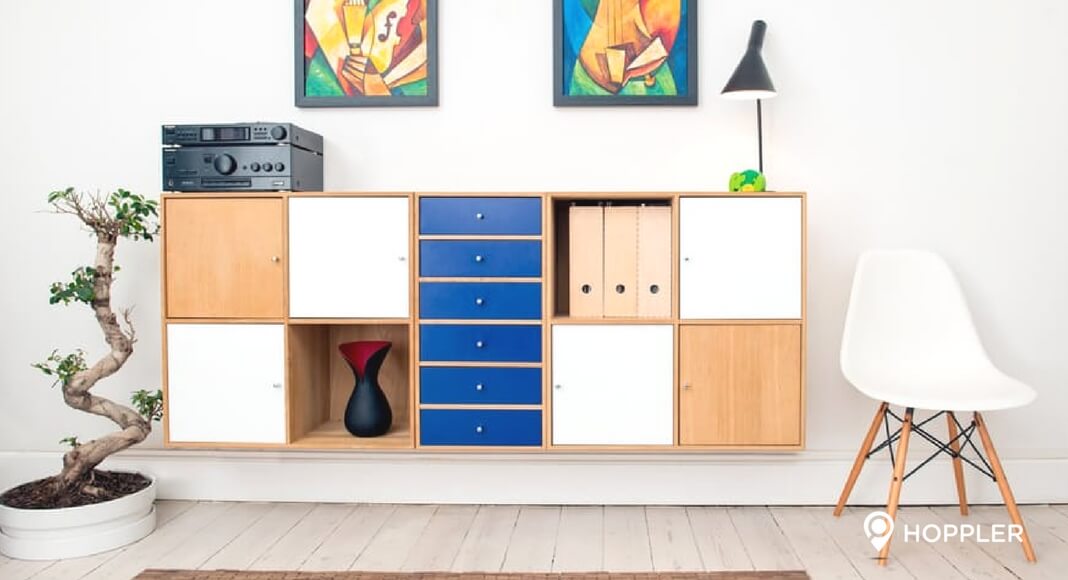The Ultimate Guide to Buying a House for the First Time for OFWs
In the life of a typical OFW worker, it is usual to come home every few months or years to be greeted by a sense of unfamiliarity due to changes in surroundings. Thus, many find it necessary to return to a familiar place that reminds them of who they are and how far they’ve come — their own home.
Are you in the pursuit of owning your first house as an OFW? Here’s a comprehensive guide for you!
- Know What You’re Looking For
The first thing anyone has to do to find what they’re looking for is to assess their needs and wants. Here is a list of some non-negotiables for you to consider in a potential home:
- Located near essential services and facilities. Know if the house you’re eyeing is nearby basic services and facilities such as a hospital, fire station, grocery, and transportation terminals. If you have kids who will be occupying your house even while you’re gone for work, it will be convenient to find a location close to their school.
- Comfortable size. People have different ideas of a healthy home. Some want a larger living area and kitchen with smaller bedrooms, while some find more comfort and efficiency in minimizing the common space, shifting the space into bedrooms. Decide on your definition of comfort.
- Minimal safety hazards. Make sure to do some research on whether a house is located in an area that makes you vulnerable to flooding, landslides, and earthquakes. Also, evaluate and avoid areas with potential fire hazards such as closely built houses or tangled electricity wires.
- Find a legitimate and trusted developer for the type of property you intend to buy. This is to ensure that the home-buying process will go smoothly. Plus, you can be certain that there will be no delays in the project, assuming that you purchase a preselling condominium or a house and lot for sale.
Moreover, familiarize yourself with the general design or structure you want your house to have. Go on Pinterest and start pinning ideas you’d want to incorporate into your future home. Doing so will surely build your anticipation for the big purchase!
- Assess Your Budget
How much are you willing to spend on this investment? Have a concrete budget plan that will help you narrow down your choices. Home-buyers generally come to terms with a mortgage plan. Most OFWs do not land permanent jobs, so it will be highly encouraged to have a backup plan to pay installment fees continually.
- Consider Partnering With a Real Estate Broker
Many people partner with a real estate broker to help them find the perfect home. As an OFW, you might find it hard to dedicate the time to research and scout for your new house alone. But don’t worry, house hunting is becoming more convenient, all thanks to remote viewings — this is where the real estate agent or broker conducts virtual open houses to show you around the property in detail and answers your questions and concerns from the comfort of your home, be it on their laptop, tablet, or phone.
Although remote online viewings are not the same as seeing and walking around the property in person for the first time, you can get an underlying sense of what you’re getting and not going into one of the most significant purchases you will ever make blind.
- Designate a Power of Attorney
Selecting a reliable attorney is critical to the home-buying process because he or she will serve as your representative throughout the purchase and ensure that you complete the required documentation.
After finally deciding which property to acquire, you will need to sign and notarize an SPA (Special Power of Attorney) which will be facilitated by the property agent. Take note that you also need to have the SPA consularized at the Philippine Consulate near you. After that, they will send the documents over to your assigned attorney-in-fact.
The next step is to reserve your desired property after he or she has received the SPA. This is also the time where the fee payments are typically expected. For the down payment, post-dated checks are often preferred.
- Complete the Required Paperwork
Proper documentation is required when it comes to buying a property. Hence, make sure that you have the following:
- Consularized Special Power of Attorney
- Certificate of Employment or POEA contract
- Proof of income or remittance
- Photocopy of important IDs such as passport, government IDs (e.g. Tax Identification Number/TIN ID), company ID, etc.
- Proof of billing
- Keep track of the construction
Monitoring the construction and timelines of the house or condominium is critical, especially if you’ve chosen to buy a preselling property. You don’t have to worry much about this because your attorney-in-fact can keep an eye on your property’s progress.
- Property Inspection and Turnover
This is the last step and probably the best part of the home-buying process. Make sure your attorney-in-fact is there to scrutinize the property during the inspection. Hiring an expert inspector is also highly-suggested to ensure that there are no hidden damages in the property.
Finding the perfect place to come home to has never been simple. But by following this comprehensive guide, you are priming yourself for the exciting road ahead of you. Happy scouting!
Author

Emma Collins is a creative thinking content creator who specializes in blogging and copywriting. Find her on Twitter.
Looking for properties? Click here. Looking to sell or rent out your property? Click here. Just browsing? Check our listings:
- Makati condos for sale / for rent / office space for rent
- BGC condos for sale / for rent / office space for rent
A good option for first-time homebuyers would be condos in the pre-selling stage. Check available properties here.



